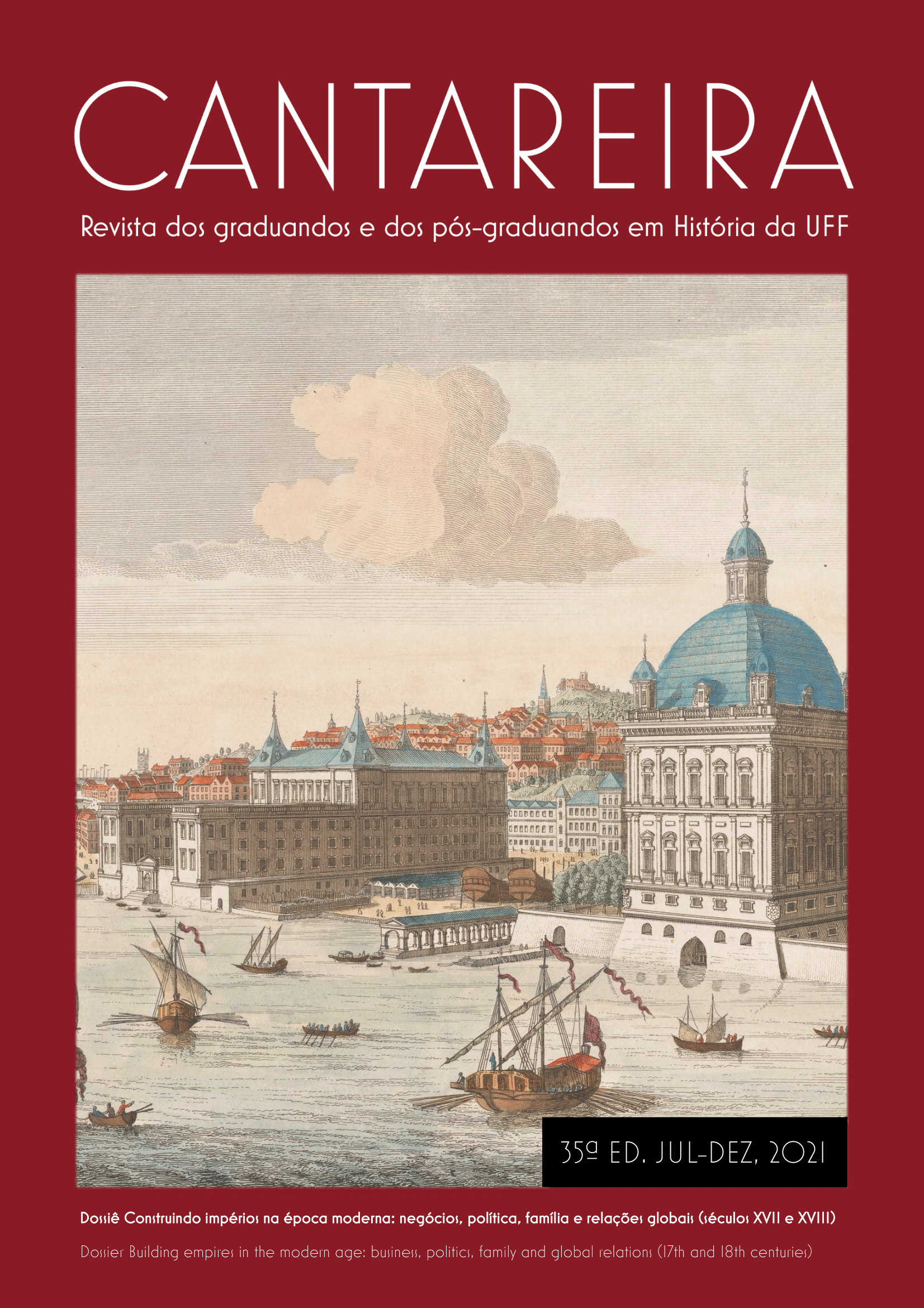Uma categoria em disputa: definições e negociações em torno do trabalhador provisório na tramitação do Estatuto do Trabalhador Rural (1960-1963)
Palabras clave:
Estatuto do Trabalhador Rural, trabalhador temporário, Câmara dos DeputadosResumen
Neste presente artigo, pretendo analisar como os parlamentares brasileiros discutiram o regime jurídico do trabalhador temporário no processo histórico de criação da legislação trabalhista para o meio rural no Brasil. Para isso, serão examinados os anais da Câmara dos Deputados entre 1960 e 1963, período que marca a tramitação do Projeto de Lei (PL) que deu origem ao Estatuto do Trabalhador Rural (ETR), lei que garantiu aos trabalhadores rurais os direitos que até então só eram assegurados aos assalariados urbanos pela Consolidação das Leis do Trabalho (CLT) - com adaptações ao trabalho rural. A despeito de o ETR não incluir a figura do trabalhador temporário na maioria dos seus dispositivos, isso não significa que essa categoria profissional tenha sido inserida, debatida, negociada ou mesmo deliberadamente retirada do texto sem discussões nas comissões especializadas ou no plenário da Câmara dos Deputados. Para melhor compreender esses debates, serão utilizados também livros escritos por políticos que participaram ativamente daquelas sessões parlamentares e obras produzidas por eminentes juristas do Trabalho da época.
Descargas
Descargas
Publicado
Número
Sección
Licencia
Autores que publicam nesta revista concordam com os seguintes termos:- Autores mantém os direitos autorais e concedem à revista o direito de primeira publicação, com o trabalho simultaneamente licenciado sob a Licença Creative Commons Attribution que permite o compartilhamento do trabalho com reconhecimento da autoria e publicação inicial nesta revista.
- Autores têm autorização para assumir contratos adicionais separadamente, para distribuição não-exclusiva da versão do trabalho publicada nesta revista (ex.: publicar em repositório institucional ou como capítulo de livro), com reconhecimento de autoria e publicação inicial nesta revista.
- Autores têm permissão e são estimulados a publicar e distribuir seu trabalho online (ex.: em repositórios institucionais ou na sua página pessoal) a qualquer ponto antes ou durante o processo editorial, já que isso pode gerar alterações produtivas, bem como aumentar o impacto e a citação do trabalho publicado (Veja O Efeito do Acesso Livre






